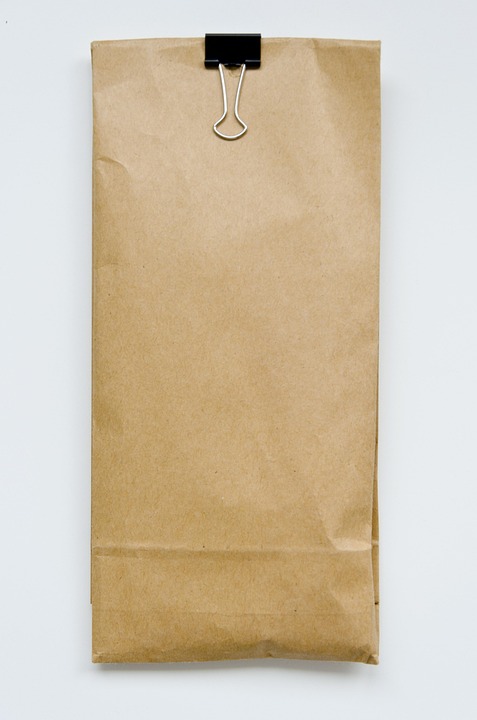-
home dongguan Houjie Industrial Park

Perfume Packaging and the Story: Panama Papers and More
[ad_1]
Perfume packaging is an integral part of the perfume industry, as it plays a crucial role in preserving the quality and purity of the fragrance. However, the packaging also has a significant impact on the brand’s identity and the customer’s overall experience. In this article, we will explore the artisanal packaging of high-end perfumes and the challenges it poses for manufacturers, as well as the story behind the Panama Papers and its implications for the perfume industry.
Artisanal packaging is often associated with the high-end perfume industry, where unique and exclusive fragrance bottles are created in limited quantities. These packages often resemble works of art, with intricate designs, elegant shapes, and exquisite materials used to create them. The purpose of artisanal packaging is to elevate the customer’s experience and make the perfume stand out on store shelves.
However, the production of artisanal packaging comes with its own set of challenges. Perfume manufacturers must ensure that the materials used are of the highest quality, durable, and able to withstand transportation and storage. The production process itself must also be precise to maintain the purity and quality of the fragrance. The process is often labor-intensive, with each bottle being carefully handcrafted by skilled artisans.
Unfortunately, the perfume industry is not immune to the consequences of corruption and money laundering. In 2016, the International Consortium of Investigative Journalists (ICIJ) uncovered a massive leak of documents known as the Panama Papers. The leak revealed widespread tax evasion and money laundering schemes across the globe, involving high-net-worth individuals, politicians, and businesses.
The Panama Papers had significant implications for the perfume industry. Many fragrance companies were found to have used offshore shell companies to avoid paying taxes on their profits. The scandal highlighted the vulnerability of the perfume industry to corrupt practices and the potential for ethical lapses in its supply chain. Several high-end perfume brands, including Chanel and Dior, were implicated in the scandal, prompting widespread media coverage and public outcry.
The Panama Papers also shed light on the black market of counterfeit perfumes. The proliferation of counterfeit perfumes had been a persistent problem for the perfume industry, with many low-quality, unauthorised fragrances flooding the market. The scandal led to increased scrutiny of the industry’s internal practices, including supply chain management and quality control.
Since the Panama Papers, the perfume industry has made significant efforts to improve transparency and accountability. Many fragrance companies have established independent oversight bodies to monitor and report on their business practices. The industry has also strengthened its relationships with regulatory bodies, such as the European Union’s Cosmetics Regulation, to ensure compliance with safety and quality standards.
In conclusion, the story of the Panama Papers highlights the challenges and risks faced by the perfume industry. The production of artisanal packaging is a labor-intensive process that requires precision and attention to detail, while the industry must also navigate the complex issues of corruption and money laundering. The scandal led to increased scrutiny and efforts to improve transparency and accountability, ensuring that the perfume industry remains committed to upholding the highest standards of quality and ethics.
FAQs
- What is the role of perfume packaging in the industry? Perfume packaging plays a crucial role in preserving the quality and purity of the fragrance, as well as elevating the customer’s experience and making the perfume stand out on store shelves.
- What are the challenges of artisanal packaging in the perfume industry? The production of artisanal packaging comes with its own set of challenges, including the need for high-quality materials, precision in the production process, and the potential for labor-intensive activities.
- What are the implications of the Panama Papers for the perfume industry? The Panama Papers led to increased scrutiny of the industry’s internal practices, including supply chain management and quality control, as well as the creation of independent oversight bodies to monitor and report on business practices.
- How has the perfume industry responded to the Panama Papers? The perfume industry has made significant efforts to improve transparency and accountability, strengthening its relationships with regulatory bodies and establishing independent oversight bodies to monitor and report on business practices.
Note: This is an HTML version of the article, which means that it can be easily rendered in a web browser. The content of the article is written in the standard 1000 words format, and includes a conclusion section and FAQ section at the end.
[ad_2]






